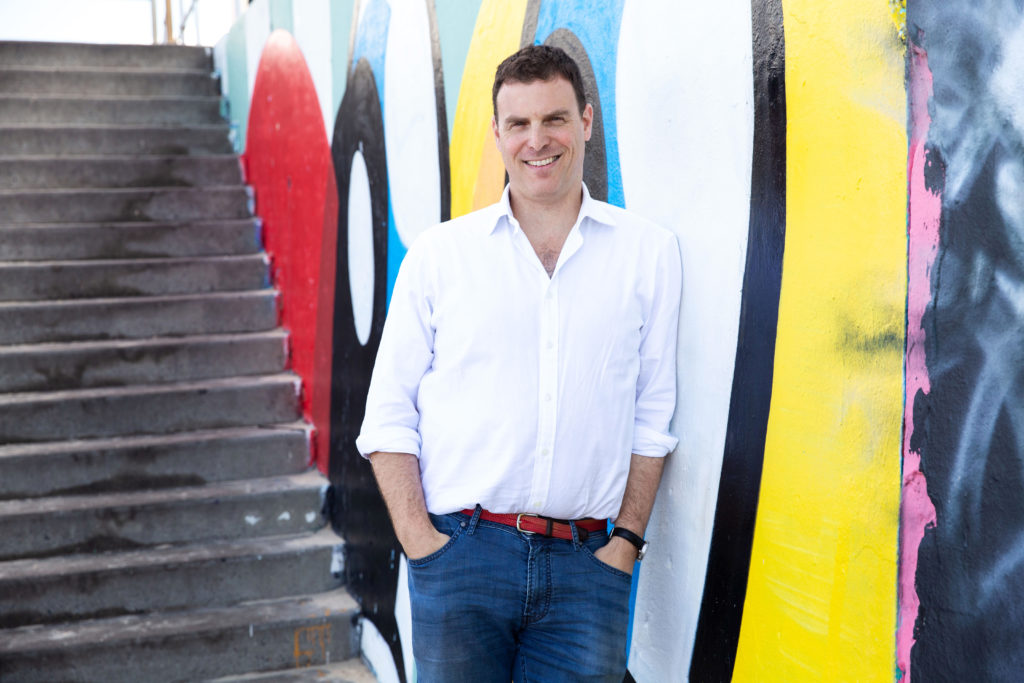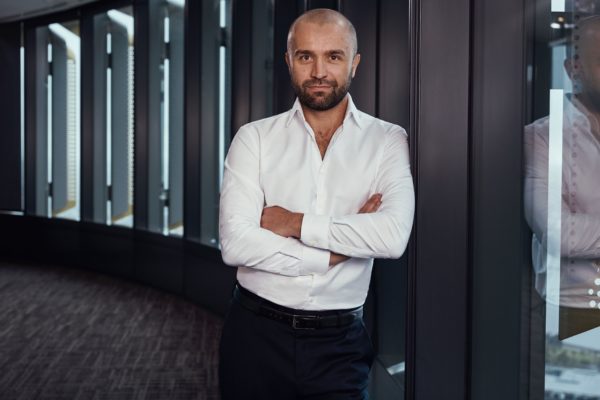Critical capital: Five company founders discuss their most important funding round
Private-i
Private-i
Most startup founders are familiar with the three-word phrase “cash is king”.
And financing an early-stage venture usually requires some level of external investment, whether that’s from family and friends or a network of high net-worth and sophisticated investors.
As the mechanics of Australia’s private market develop and mature, companies are getting increased opportunities to pitch their ideas to a larger pool of potential investors.
So to get a better understanding of how it works, Stockhead asked our network of successful company founders to talk about what they learned from their most critical capital raise.
Among the things, their answers showed that while early-stage funding rounds are usually the most critical, it’s not always the case — some respondents highlighted the importance of scale-up capital further down the track.
It follows our earlier report where we spoke to six startup founders about the toughest questions they’ve been asked at investor meetings.
Here are the five companies we spoke to — a list ranging from tech startups to ASX-listed businesses.
Informed 365 — a tech startup that helps large companies comply with corporate social responsibility laws;
Independent Reserve — a leading Australian cryptocurrency exchange;
Lumi — a small business lending platform offering quick approval for loans up to $100,000;
MyFiziq — ASX-listed health-tech platform with a fitness app that utilises 3D image-capture; and
Security Matters — ASX-listed logistics platform that uses chemical tech to clear-mark products and monitor supply-chain movements.
And here’s what each of them had to say about their most critical capital raise and what they learned from the process:

The most critical capital raise for most companies is the first one as it normally is not only the hardest, but it also sets the tone going forward as it is accompanied by the continuous “don’t give away too much” fear factor.
The idea of raising capital typically starts out with thoughts along the lines of: “we have a great business”, “my service/product will revolutionise the sector”, “we are a disruptor” or “we have a globally scalable business” and everyone should be as excited as I am.
Reality kicks in very quickly after that as potential investors are not exactly lining up outside willing to part with their money.
Whilst the funds are obviously a key criteria, we focused on the investor being a good fit for our business, someone who has already succeeded in a similar industry and someone who will understand our business.
We drew up a very short list of Australian targets and were exceptionally fortunate to have selected Andrew Banks (Morgan & Banks, Talent 2, Shark Tank) who is a highly successful B2B entrepreneur in his own right.
Right from the beginning Andrew Banks was our preferred option as he ticked all our key requirements.
Our key learnings were:
• Target investors that are aligned with your thinking;
• Draw up a list and tailor your pitch according to your audience; and
• Show investors how committed you are and make sure you hammer home the point that you are not just taking money off the table and that the funds are going into development and expansion.
When looking to raise capital you need to have a clear understanding in regard to what investors are looking for.
Investors today are far more weary than ever with the long line of failed companies that have sucked enormous amounts of public and institutional capital out of the market.
Investors are now looking far deeper into companies and the management before giving up their hard-earned cash.
Investors these days look to invest in the management as much as the concept. The management need a clear and executable business plan with a team that can drive its success.
Companies need to demonstrate these capabilities.
You will need a well written easy to digest information memorandum that outlines the business, its operations, how you will attract consumers and how the company will generate revenue and grow revenue.
When asking for investment have a clear outline of the use of capital being sort.
Show the current capital structure and valuation.
Outline what the investor will receive by investing in the company whether this be direct equity or a highbred facility with a coupon or later conversion.
Remember this is about what the investor will get for trusting you with their capital just as much as what you will use their capital to achieve.
Understand who you are looking for when looking for new capital and why the particular investor would look to invest in a company such as yours.
Have a clean, clear and concise pitch that shows you understand your business and how to grow it.

Our capital raise completed in October was by far the most critical.
We closed $31.5m in an initial raise to enable the launch of Lumi.
We became the first pre-revenue lending fintech business in Australia to set up a warehouse securitisation program.
The fact that we were able to raise both on and offshore to diversify our funding sources gives us a significant advantage to hedge liquidity risks.
Through this process we learned that the most crucial thing before meeting any potential investor is to do your research.
You need to know who you’re pitching to, how much you could potentially make them and how likely they will fund you, so you don’t waste your time or theirs.
Be completely transparent and partner with investors that align with your goals.
Be prepared to answer questions about your future projections, i.e. factors limiting faster growth and the key metrics the management focuses on.
In the early stages, investors will be more interested to know that you have the right people to execute the plan you put forward.
They will want to know who the key team members are, their industry experience and other key roles you are considering to fill in the future.

In March last year, financier Mike Tilley co-invested with VC fund KTM ventures to purchase a 25 per cent stake in the company.
It was our first capital injection since the company launched in 2013, raising around $500,000 from a network largely comprised of friends and family.
What we learned:
• For now, the exchange will be able to drive growth organically by reinvesting profits, rather than turning to outside investors; and
• Eventually it will be important to expand to other jurisdictions — we’re currently assessing opportunities in Europe and Asia.
The most important raise for Security Matters was the IPO in Australia because not only did we become public but it also raised our profile internationally.
It helped shape international standards of corporate governance for the company, which I believe is a very important aspect in working with global brands.
When you raise money in Australia, you have to meet people face to face, and as an Israel-based company, that is exactly what we did.
There is also a clear and transparent “textbook” from ASX and ASIC that we followed, step by step.
Two key things I learned along the way were:
• Have a big and bold vision for where you want to take your company and arm yourself with a direct way to explain how you’re going to execute that vision. It’s not about presentation but about understanding how to scale and create demand for your technology; and
• Australians want technology companies that make money but importantly, companies that can create transparency and trust.